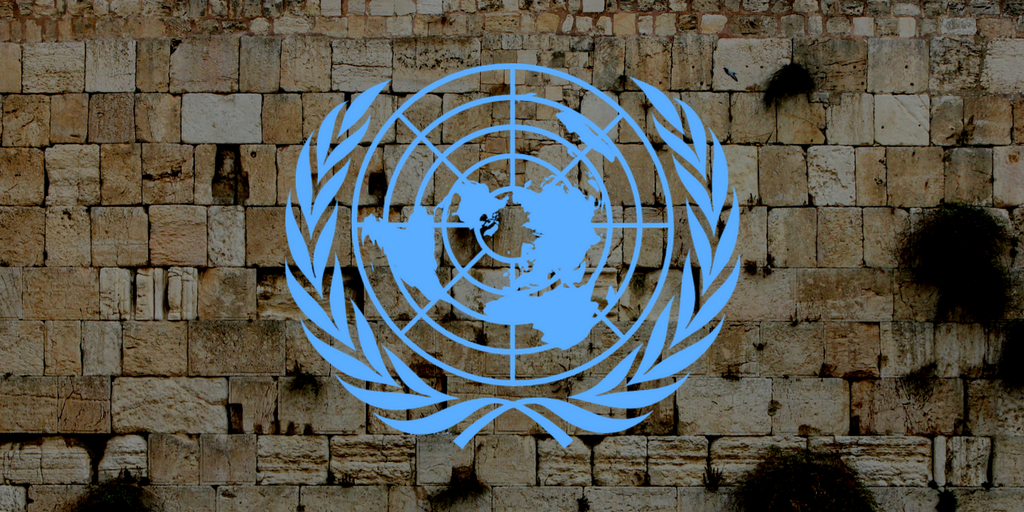As I currently sit in my house South of Jerusalem, there is a storm rising on Israel’s Northern border. The storm is the Iranian axis made up of the Syrian regime, Hezbollah, and Iranian special forces. This grouping is now a mere 4km from the Israeli Golan, an unthinkable situation just a few months ago.
It has become increasingly clear that the most potent menace out of the three antagonists is the Lebanese Hezbollah. What was once just an Iranian proxy, has become a battle heartened army over the last few years of fighting to save Assad’s regime in Syria. The Hezbollah now boasts over 100 thousand rockets aimed at Israel. Their armed forces are not only situated North of Israel, but now buttress the Hermon, a strategic mountain that overlooks Israel’s Hula valley and Northern coastal areas.
How did this happen? How did Hezbollah become such a threat to Israel? Now, before I write further, I want to make it clear that the Israeli government going back to former Prime Minister Ehud Barak who hastily pulled out of Southern Lebanon, thus ceding control to Hezbollah deserves some of the initial blame for Israel’s current strategic situation.
Yet, it is becoming apparent thanks to Josh Meyer at Politico that the Obama administration had willfully shut down and blocked key parts of Project Cassandra, a secret program started in 2008 under the auspices of the DEA to target Hezbollah’s billion-dollar criminal enterprise and in many cases block it. Hezbollah’s financing has been critical in allowing what was once just a terrorist organization to grow into a political movement and formidable army.
Meyer’s piece, which has become the focus of a cross-section of politicians and pundits since its publication on the 18th of December, essentially blew the lid off the fallout of Obama’s Iranian appeasement policy.
“In its determination to secure a nuclear deal with Iran, the Obama administration derailed an ambitious law enforcement campaign targeting drug trafficking by the Iranian-backed terrorist group Hezbollah, even as it was funneling cocaine into the United States, according to a POLITICO investigation,” Meyer starts his article.
“The Obama administration derailed an ambitious law enforcement campaign targeting drug trafficking by the Iranian-backed terrorist group Hezbollah.”
Meyer’s article is thick with investigative research. Despite push back by former Obama and Clinton officials, it is hard to dismiss his findings. There is no need to reproduce in this article what Meyer wove together over at Politico.
What is important to understand is that Israel’s most determined enemy was allowed to grow and build its army and weaponry with full knowledge and acceptance by former President Obama. This is not a small matter and the decision to allow this was clearly not taken without the understanding that doing so would essentially put Israel into mortal danger as it may very well be now.
The Iranian axis may still have captured Beit Jinn this past week, but its ability to inflict blow after blow against Israel would not be as potent if it were not for Obama’s reckless determination to reach a deal with the Iranian regime on the back of Israel’s safety.
The coming war between Israel and its mortal enemies is a direct consequence of the policy decisions in the Obama administration. Without the chaos of the Arab spring, which Obama championed, nor the overtures to the Iranian regime, by the President himself, Iran would have never been able to reach to the Levant. Iran made the progress it did in large part due to the help of a well-financed Hezbollah.
The coming weeks are critical for Israel as war seems to be a foregone conclusion. It is important that the truth be uncovered concerning the Obama administration’s role in railroading a program that was designed to weaken one of Israel’s and the USA’s most diehard enemies. It is also imortant that writer’s like Josh Meyer are championed instead of attacked as is happening now by public agents close to the Obama and Clinton teams.











